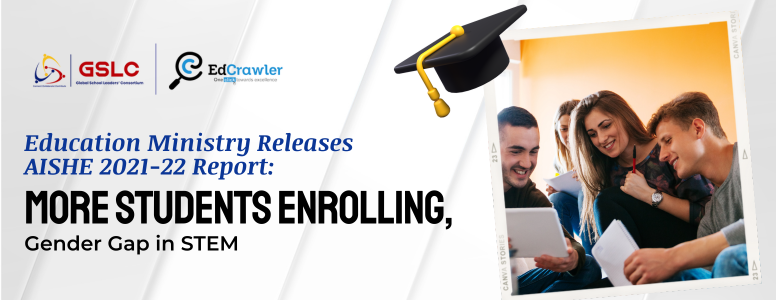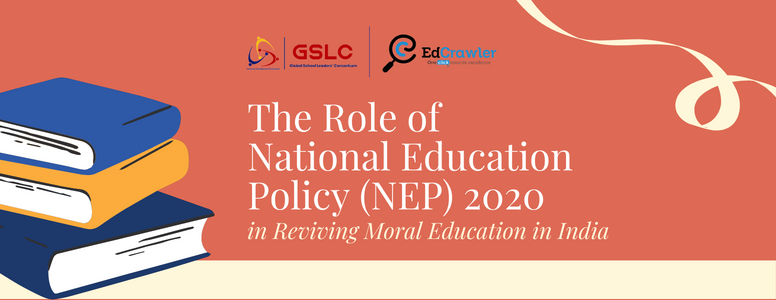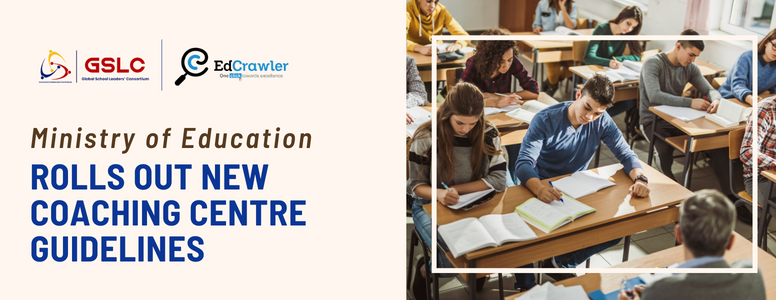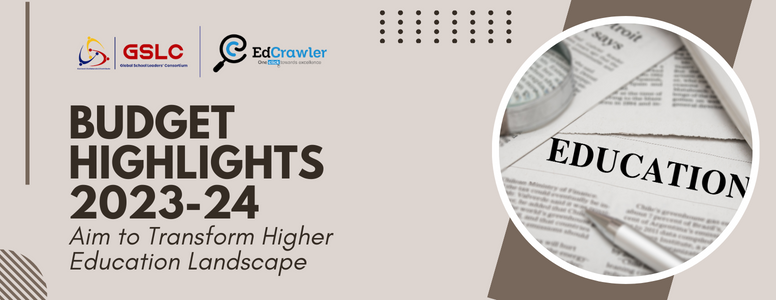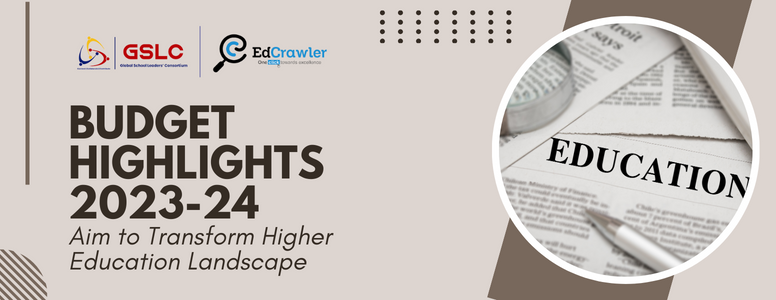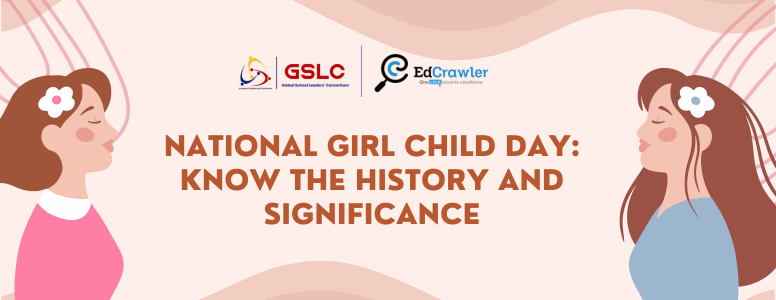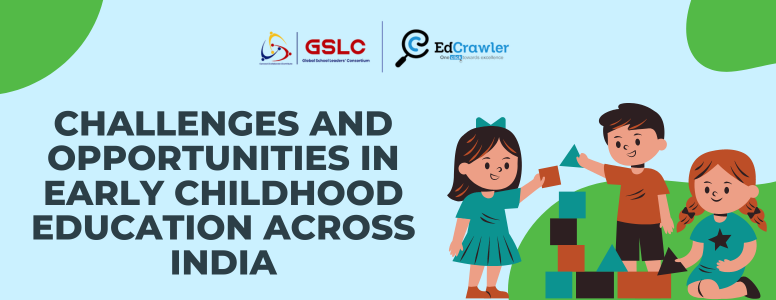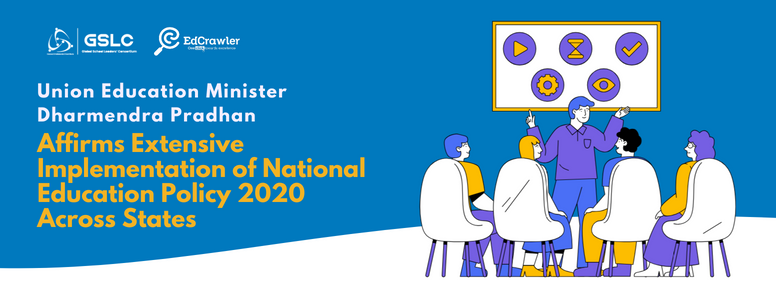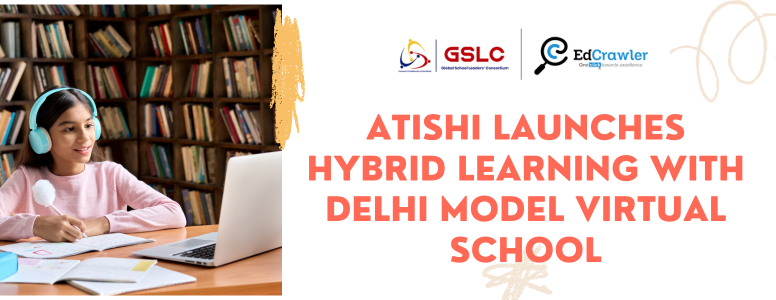India launches Home-Based Education for Children with Special Needs
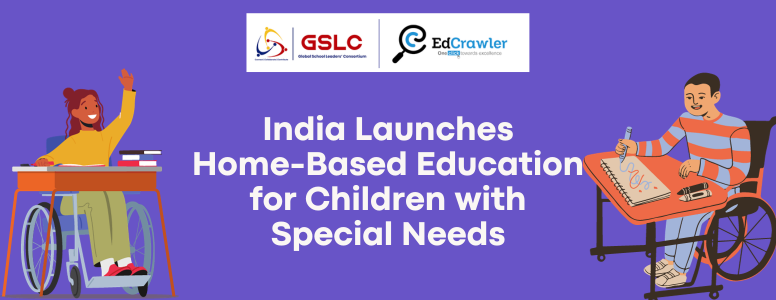
The Department of School Education and Literacy (DSEL) in India is preparing to introduce a program for home-based education targeting students with severe disabilities as part of its commitment to fostering inclusive education. As stipulated in the recently published regulations by the National Council of Educational Research and Training (NCERT), an itinerant resource teacher will be dispatched to students' residences to offer guidance and support. This initiative is designed to facilitate the acquisition of essential learning competencies by children with special needs, physically challenged students, and those hailing from underprivileged backgrounds. Additionally, special educators will be appointed, and conventional teachers will undergo cross-disability training to enhance their capacity to assist these students. These directives are in harmony with the objectives laid out in the National Education Policy (NEP) of 2020.
In the near future, educational institutions will be required to implement inclusive measures to support Children with Special Needs (CwS). According to the recently disclosed guidelines by the NCERT under the National Guidelines and Implementation Framework on Equitable and Inclusive Education (NGIFEIE), the Department of School Education and Literacy (DSEL) is preparing to introduce a program for home-based education targeting students with severe disabilities.
This provision will be initiated during the early years of formal education to aid CWSN in attaining the fundamental learning standards. The new regulation encompasses all three categories of students, including CwS, physically challenged students, and those from socioeconomically disadvantaged backgrounds.
As part of the home-based schooling initiative, an itinerant resource teacher will be dispatched to the homes of students with severe disabilities to provide them with educational assistance. A government official, speaking on the condition of anonymity, stated, "As part of this home-based education, an itinerant resource teacher will visit the students' homes to provide instruction. During the teaching sessions, these resource teachers will offer essential guidance to help the students with their studies. Once the students reach the desired level of learning, they can transition gradually to regular schooling. The frequency of visits by the itinerant resource teacher will be determined at the discretion of the parents. It is important to note that home-based schooling is legally supported within the framework of education, and the Right to Education Act of 2009 does not prohibit this practice."
DSEL also intends to appoint specialized educators to facilitate home-based education. As part of this endeavor, schoolteachers will receive training to address various disability types, equipping them to better support CwN and physically challenged students. The Rights of Persons with Disability Act of 2016 recognizes 21 disabilities, encompassing conditions such as blindness, low vision, leprosy-cured individuals, hearing impairments (deaf and hard of hearing), locomotor disabilities, dwarfism, intellectual disabilities, mental illness, Autism Spectrum Disorder, Cerebral Palsy, muscular dystrophy, chronic neurological conditions, specific learning disabilities, multiple sclerosis, speech and language disabilities, thalassemia, haemophilia, sickle cell anemia, multiple disabilities (including deaf-blindness), acid attack victims, and patients with Parkinson's disease.
All these medical conditions and disorders are considered severe disabilities among students. These guidelines have been devised in alignment with the objectives outlined in the National Education Policy (NEP) of 2020 and will contribute to the establishment of a robust early childhood educational ecosystem in the country.

